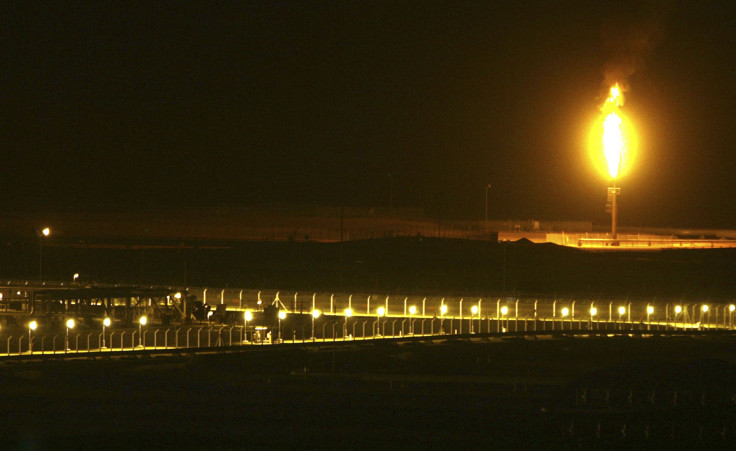Crude Prices Jump After Saudi King Abdullah's Death, But Experts Say Volatility Won't Last

After Saudi Arabia’s royal court announced King Abdullah's death Friday morning, global oil prices jumped quickly, but experts say volatility won’t be a long-term problem.
Benchmark prices jumped 2 percent on the news, and the price of Brent blend crude oil, a global benchmark, traded Friday at just over $49 a barrel.
Crown Prince Salman bin Abdulaziz, 79, will take over the throne of the biggest producing member of the Organization of Petroleum Exporting Countries. He has been involved in strategic decisions in the past, and experts say he’s likely to continue with the same policies as his brother.
“The passing of King Abdullah is going to increase uncertainty and increase volatility in oil prices in the near term,” Sanford C. Bernstein & Co. analyst Neil Beveridge told Bloomberg. “I wouldn’t expect a change in policy in the near term to be known, but the passing comes at a challenging time for Saudi Arabia.”
With control of more than 15 percent of the world’s oil reserves, Saudi Arabia is in contest with the United States and Russia as the world’s top producer. Abdullah was one of the key advocates for OPEC maintaining its member production quotas this November, a controversial decision that has helped drive global oil prices to a record low on the heels of an American oil boom.
Global oil prices have fallen more than 55 percent since June, tumbling below $50 a barrel in January for the first time since 2009.
“King Salman was already involved in policy making prior to the passing of the king,” BNP Paribas senior oil strategist Harry Tchilinguirian told Reuters. “So from that perspective, if he helped set the agenda, he will maintain that agenda.”
Still, insiders say the king's death has just thrown more focus onto the country’s oil minister, Ali al-Naimi. At almost 80 years old, he’s been driving much of Saudi decision making when it comes to oil policy since 1995.
“We believe a change is now more likely within the next 18 months, but Naimi may first want to see through the current policy,” Richard Mallinson, an analyst at Energy Aspects, told the Financial Times. “Any change at this time may create uncertainty in the oil market, which Saudi Arabia would like to avoid."
Prince Alwaleed Bin Talal, chairman of Kingdom Holdings and the nephew of King Abdullah, told CNBC that the oil price may never top $100 per barrel, since Saudi Arabia won’t be reducing its production rates.
© Copyright IBTimes 2024. All rights reserved.






















